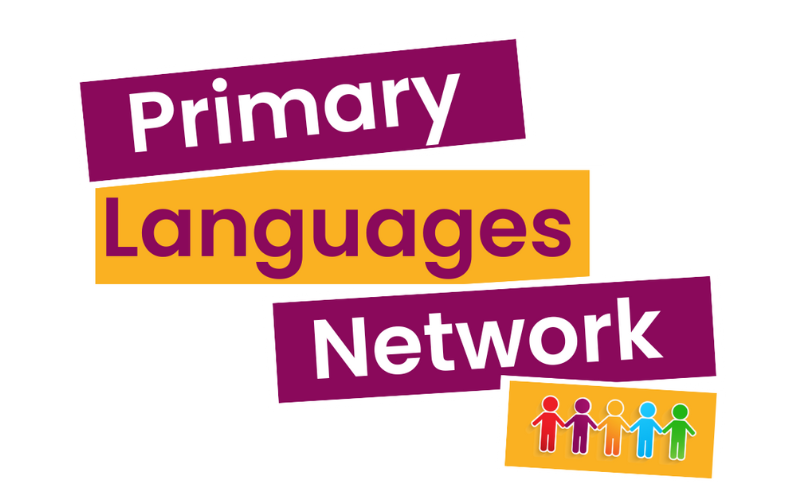What a wonderful video! Primary Languages Network BeCreative and Click2Teach French scheme of work users, this is a marvellous stand-alone resource for our Year 5 Autumn 2 “City Explorers” and our Year 6 Spring 1 “Sports” focus.
For all readers of my blog posts, this video is a marvellous “language detectives” resource for many other reasons. Read on!
First, of course, watch and enjoy the video and the French narration. (You can also find the video in English too to support your classes and less confident teachers.)
The activities below are divided into drama, word and grammar games, They are not in a specific order and teachers can select which of the three types of activities they prefer to use.
Let the “Drama Games” begin!
Watch the video. Discuss what you see in English or French, depending on the level of the language learner as these activities can be used with all ages and stages of learners.
Watch and listen again. Freeze-frame at pertinent moments. Act out what you see or mime/ freeze-frame the action.
Watch and listen one more time. Pause the video and repeat and practise the French sentence/s you have just heard. Freeze -frame at pertinent moments. Act out or freeze-frame in a pose from the action in the video.
Revisit the video and this time. Split the class into narrators and performers each time you pause the video. The two halves of the class take it in turns to either be the actors and act out/freeze frame or be the narrators and say what they have heard on the video
Let the “Word Games” begin.
Watch the video. Discuss what you see in English or French, depending on the level of the language learner.
To complete this activity, as the class teacher, you firstly need to watch the clip and identify keywords/phrases/ sentences that you would like the class to investigate linked to the clip. Select your top 10 keywords/ phrases or sentences for the activity.
With beginner learners this could be key nouns e.g bow / arrow/ hat/ field/ sport etcetera.
With more advanced learners it could be phrases or sentences that explain the action you can see in the clips.
You may also want to focus on a whole school focus like “empathy” or “challenge” or “fitness” and source nouns or phrases/sentences that link to these key focuses.
Write the keywords/phrases or sentences out on paper or on the whiteboard and allocate one of these per child or pair. Firstly the pupils need to work out the meaning of the item and then they need to watch the clip and spot their item. Ask them to stand up or wave their piece of paper when they see their item. Swap items and play this again.
As an extension to the challenge, give out the keywords/phrases or sentences, written in a random order on paper and ask the class in pairs to read the items and number them in the order they think that they appear in the clip. Play the clip and let the pairs check the order they have chosen.
Let the “Grammar Games” begin!
Watch the video. Discuss what you see in English or French, depending on the level of the language learner.
Watch and listen to sections a second time and challenge the class to find either nouns, verbs as infinitives or adjectives that describe what they have seen in the video clip. To do this, the class should work in pairs. Each pair will need bilingual dictionaries and rough paper or whiteboards. (As the class teacher you can decide if the challenge is just nouns or adjectives or verbs or a combination of all three).
Invite volunteers to come to the front and write up on a flip chart one or two of the words they have sourced. Ask the class to be language detectives and be resourceful and try to find the meaning of the words.




